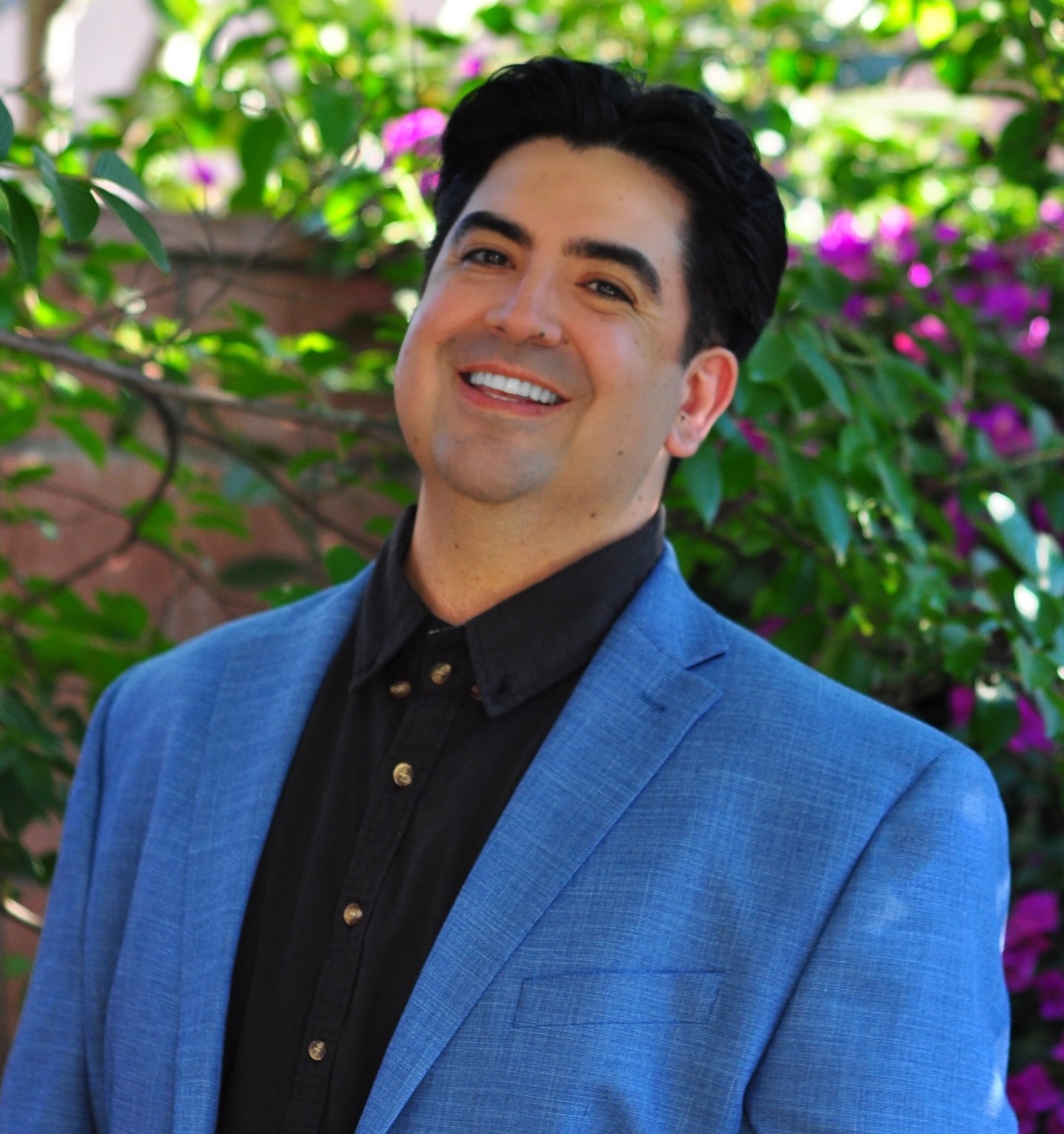
Andrew Villamil
- Group:2021-2022 Fellows
Andrew Villamil
Los Angeles, CA | Positive Psychology Researcher, Wellbeing, Love Altruist, Applied Technology Interventionist
Andrew Villamil completed his Masters Degree in Clinical Psychology, with an emphasis in Marriage and Family Therapy, from Pepperdine University. Currently, he is a PhD student in the Positive Developmental Psychology Program at the Claremont University Consortium. For over 10 years, Andrew has worked at the David Geffen School of Medicine, UCLA, gaining experience in international research and organization/clinical programs. He believes there are always valuable opportunities to bridge basic research with translational applications. As a researcher, he has been involved in five research labs with some of the most influential researchers in the field of Psychology, including Drs. Sonja Lyubomirsky, Daniel J. Siegel, Saida Hesmati, Michelle Craaske, Alan Castel, and many other wonderful collaborators. Andrew seeks to understand mechanisms in well-being that contribute to the fundamental processes and changes that have, and continue to shape the landscape of future applications. Andrew leverages his experience in Positive Psychology Interventions (PPIs), Meditative practices, Technology, Neuroscience, Life Satisfaction, Flow, Cognitive Strategies, Interpersonal Neurobiology and Emotion Regulation; to explore the best methodologies and comprehensive designs that integrate subjective well-being (happiness) into every facet of our lives.
Area of Inquiry: Well-being in humans is heavily influenced by internal and external subjective experiences. Technology has radically affected human development and heavily altered subjective experiences while creating byproducts influencing behavior. These byproducts created by human-technology (humology) interactions have become a cause for concern. Most recently, it has become evident that technology has been maladaptively targeted and intentionally guided to exploit the byproductivity of human responses. It can be argued that these adaptations may be based on inherent human mechanisms that become maladaptive. So what does a “healthy” connected world look like as we move forward? Our inquiry seeks to understand the mechanisms of shared interconnected experiences. How are positive constructs such as Love, Prosociliaty and personal contemplation reflected in the integration of technology on a daily basis. What role does technology possess for facilitating positive and negative emotions in subjective experiences. How can Positive Psychology theories improve our understanding of the internal and external constructs influencing human behaviors and well-being. The current study seeks to expand our understanding of human development and well-being by addressing how and when technology can be used as a tool for prosocial connections, which can potentially lead to more effective interventions and comprehension into the mechanisms of pro-social engagement which in turn can elicit positive byproducts from these interactions leading to increasing feelings of well-being through engagement with others and the use of technology. What Interventions can be utilized to influence the human-technological (Humological) experiences that arise from these byproducts. Can we harbor better methods from Positive Psychology Interventions such as contemplation, gratitude, love and pro-sociality to improve interconnection and well-being? Are there opportunities to blend technology with contemplative practices in a way that benefits more people.
